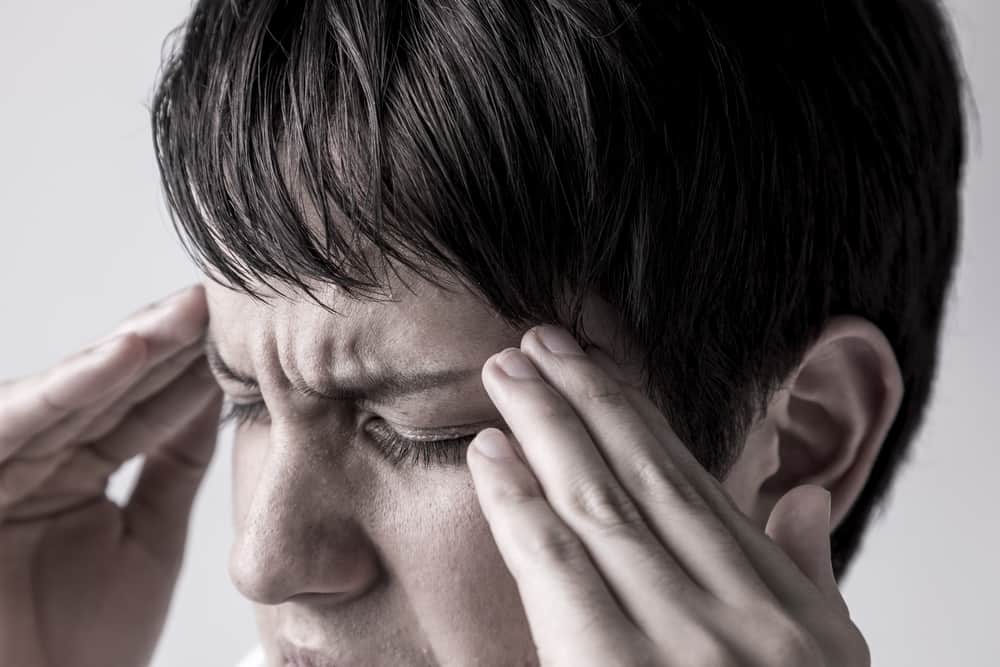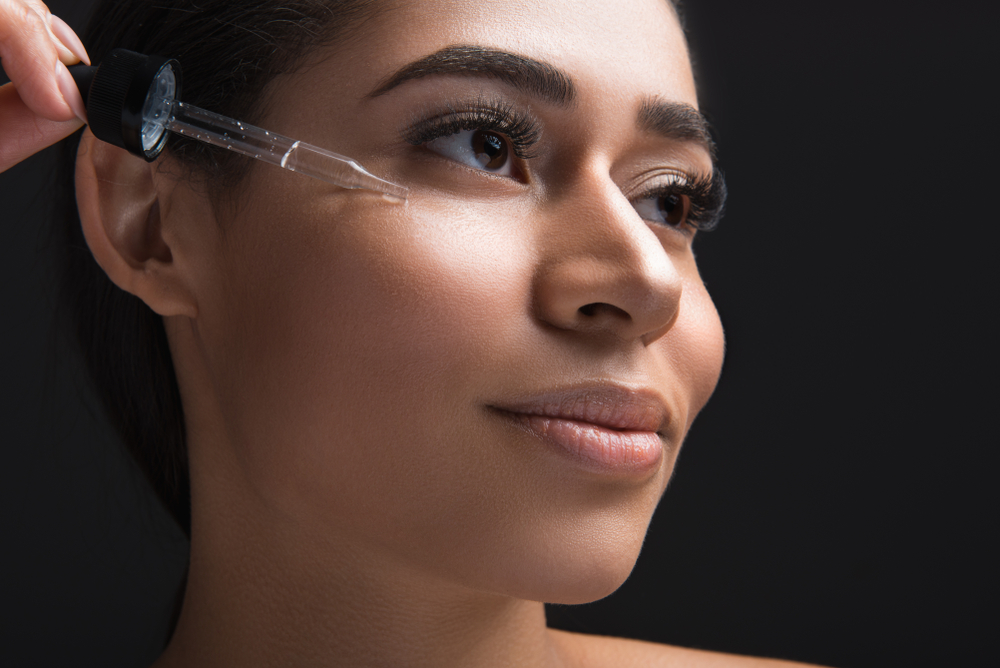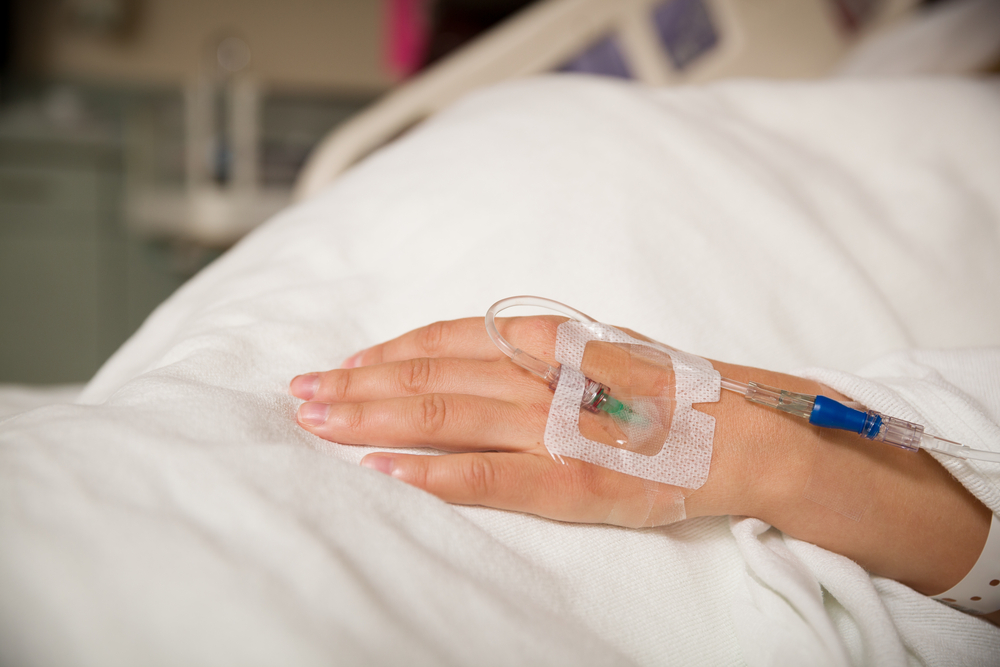Contents:
- Medical Video: An Amazing, Emotional Recovery From Stroke
- Tips to improve brain function after a stroke
- 1. Train mindfulness
- 2. Actively moving
- 3. Apply a healthy diet
- 4. Try new things that are fun
- 5. Get enough sleep
Medical Video: An Amazing, Emotional Recovery From Stroke
Strokes occur when blood flow from the heart to the brain is disrupted, either because of blood clots that block it or because blood vessels in the brain break so that blood cannot flow to certain parts of the brain. If oxygen-rich blood does not reach the brain, brain cells will begin to die and then experience permanent brain damage. Brain damage after a stroke can cause a person to experience a decline in cognitive abilities (including speech difficulties, memory loss / difficulty remembering, difficulty thinking, and understanding language) and impaired coordination with other body parts.
However, there are some simple ways you can do it every day after a stroke to improve brain work and speed up the recovery process.
Tips to improve brain function after a stroke
1. Train mindfulness
Mindfulness is the practice of focusing your attention in such a way as to truly realize and live up to the emotions you feel and what you are doing right now. Simply put, mindfulness is self-awareness of the moment before the eyes.
The practice of mindfulness is one of the main keys to avoiding and overcoming anxiety and stress. The condition of mindfulness tends to help a person to accept emotional conditions or conditions that are being experienced rather than by forcing them to change it.
Mindfulness can be trained by meditation to make the mind quieter and more stable. Apart from meditating, mindfulness can also be trained when doing other activities by focusing or enjoying an activity that is being carried out. Getting peace is important after a stroke. A calm mind makes the brain not overwhelmed to function, also at the same time prevents elevated levels of the stress hormone cortisol which can slow recovery after a stroke.
2. Actively moving
Physical activity or exercise after a stroke greatly helps the body's recovery process and improves thinking skills.
Because the more active moves, the heart will be easier to circulate oxygenated blood to the brain to perform various cognitive functions. Intake of oxygen to the brain also increases the production of serotonin and endorphins, two hormones needed to keep the mood stable. In addition, regular physical activity can also avoid you from stress.
No need to exercise too much after a stroke. These benefits can be obtained enough to actively walk for 30-45 minutes every day.
3. Apply a healthy diet
A consistent healthy diet is very important for recovery from damage from a stroke. A regular diet is needed to get back the muscles of the digestive tract to return to eating food after experiencing weakness. Adjusting the type of food is also needed, such as by choosing foods with a smooth and dense texture. Avoid foods that are difficult to digest.
In addition, the nutritional content also needs attention and try to focus on nutrients that are proven to be good for the brain. The content of nutrients such as omega-3 fatty acids from foods made from marine fish can encourage better brain nerve growth. Omega-3 is also known to be important for maintaining mood and preventing impaired cognitive function.
If necessary, also consume supplements that are beneficial for the brain such as vitamin B and vitamin E. And avoid high-salt foods to keep blood pressure stable and prevent the risk of stroke due to hypertension.
4. Try new things that are fun
Just as with light exercise, doing activities that you find fun can make the brain take a break and release happy mood hormones serotonin and oxytocin. In addition, doing new things will make the brain work better at producing new nerve cells and keep existing neurons alive and healthy.
5. Get enough sleep
Sleep is an important thing for anyone, especially for people who are in the recovery phase after a stroke. Sleep is the time for the brain to rest, rinse the bad plaques that cause disease, and reduce stress and process information into long-term memory.
Adequate sleep also ensures that you go through the stages of REM sleep (dreaming phase) that are more qualified. In this phase the brain begins to grow new nerve cells and myelin nerve membranes. For survivors of stroke, sleep time is an important time for the body and brain to begin the process of recovery and formation of new cells.












